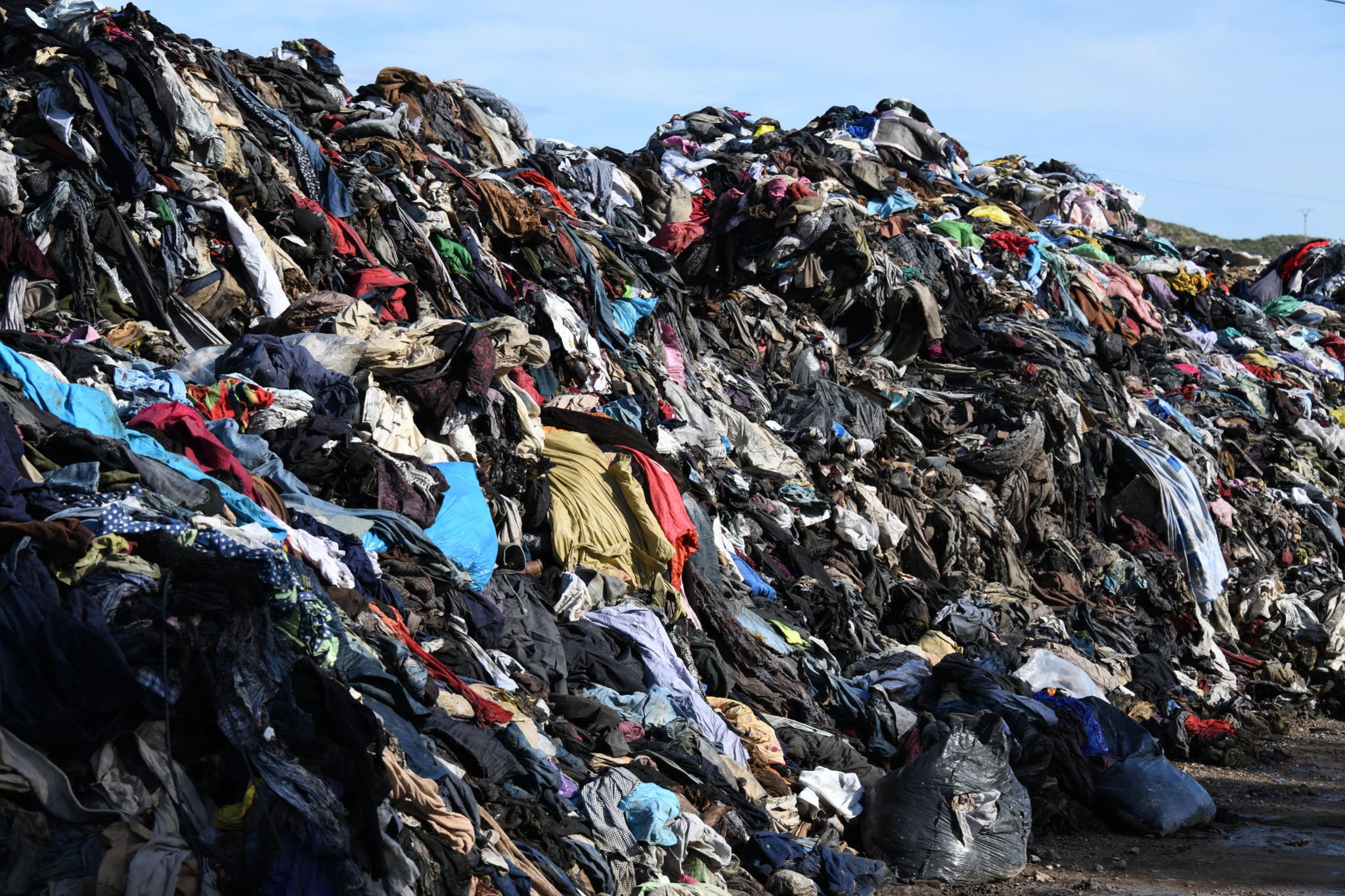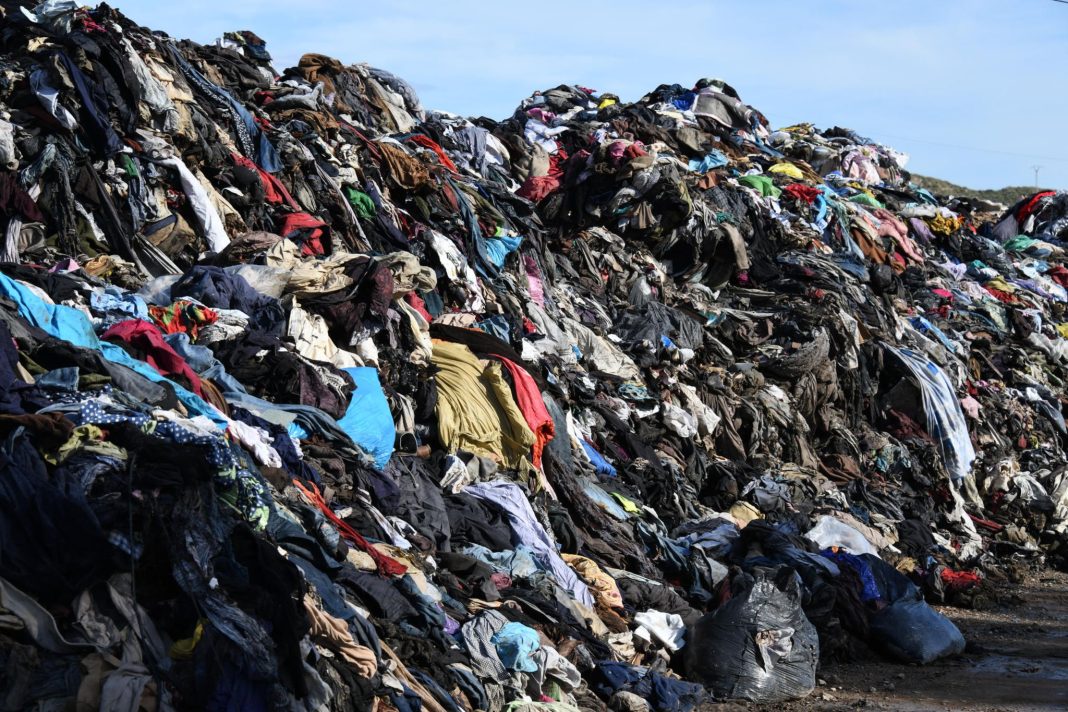 Shein, the fast fashion giant with ties to China, has confidentially filed for a public listing in London, according to a person familiar with the matter. This move comes as the company faces backlash in the U.S., where it had initially filed for an IPO but failed to win the support of American lawmakers. The concerns raised by elected officials in the U.S. revolve around Shein’s supply chain and its use of forced labor, as well as its utilization of a U.S. tax law exemption known as de minimis.
Shein, the fast fashion giant with ties to China, has confidentially filed for a public listing in London, according to a person familiar with the matter. This move comes as the company faces backlash in the U.S., where it had initially filed for an IPO but failed to win the support of American lawmakers. The concerns raised by elected officials in the U.S. revolve around Shein’s supply chain and its use of forced labor, as well as its utilization of a U.S. tax law exemption known as de minimis.
While Shein still prefers to go public in the U.S., its filing in London does not guarantee that an IPO will take place there. The company had previously sought approval from China to go public in the U.S., indicating that regulators in Beijing consider it a Chinese company and could potentially exert control over its operations and data. Although Shein moved its headquarters to Singapore in 2021 to establish itself as a “global” company, the majority of its supply chain remains based in China.
The road to a public markets debut has been long and complex for Shein. The company gained popularity in the U.S. during the Covid-19 pandemic by offering trendy styles at affordable prices. This success has posed a challenge for U.S.-based competitors, who have struggled to match Shein’s speed and have lost market share as a result.
As Shein’s prominence grew, it actively sought approval from lawmakers and the retail industry in the U.S. However, its efforts to win over American regulators have been unsuccessful thus far. The company has been rejected multiple times in its attempts to join the National Retail Federation, the largest trade association in the industry.
Shein’s journey to going public has been further complicated by the tense geopolitical rivalry between the U.S. and China. American lawmakers have heightened their scrutiny of companies with Chinese links, including Shein, due to concerns about their influence on the U.S. economy. Some officials have called on the U.S. Securities and Exchange Commission (SEC) to block Shein’s listing, citing a U.S. law that prohibits the import of products made in the Xinjiang region of China, where there have been allegations of genocide against the Uyghur ethnic group.
Shein has acknowledged that its supply chain has contained raw materials from banned regions, although previous tests indicate that it has performed better than the industry average in removing such materials from its garments. The company’s executive chairman, Donald Tang, has emphasized that Shein’s intention to go public is driven by a desire for transparency and not solely for raising capital.
In May, it was reported that Shein turned to London for its listing after the SEC requested that the company make its filing public. This request was deemed unusual by experts, as companies typically file confidentially to protect sensitive information during the regulatory review process.
Overall, Shein’s decision to confidentially file for a public listing in London reflects the challenges it has faced in the U.S. due to concerns over its supply chain practices and geopolitical tensions between the U.S. and China. The outcome of this filing remains uncertain, but it highlights the intricate dynamics that fast fashion companies with Chinese links must navigate in their quest for a successful IPO.


